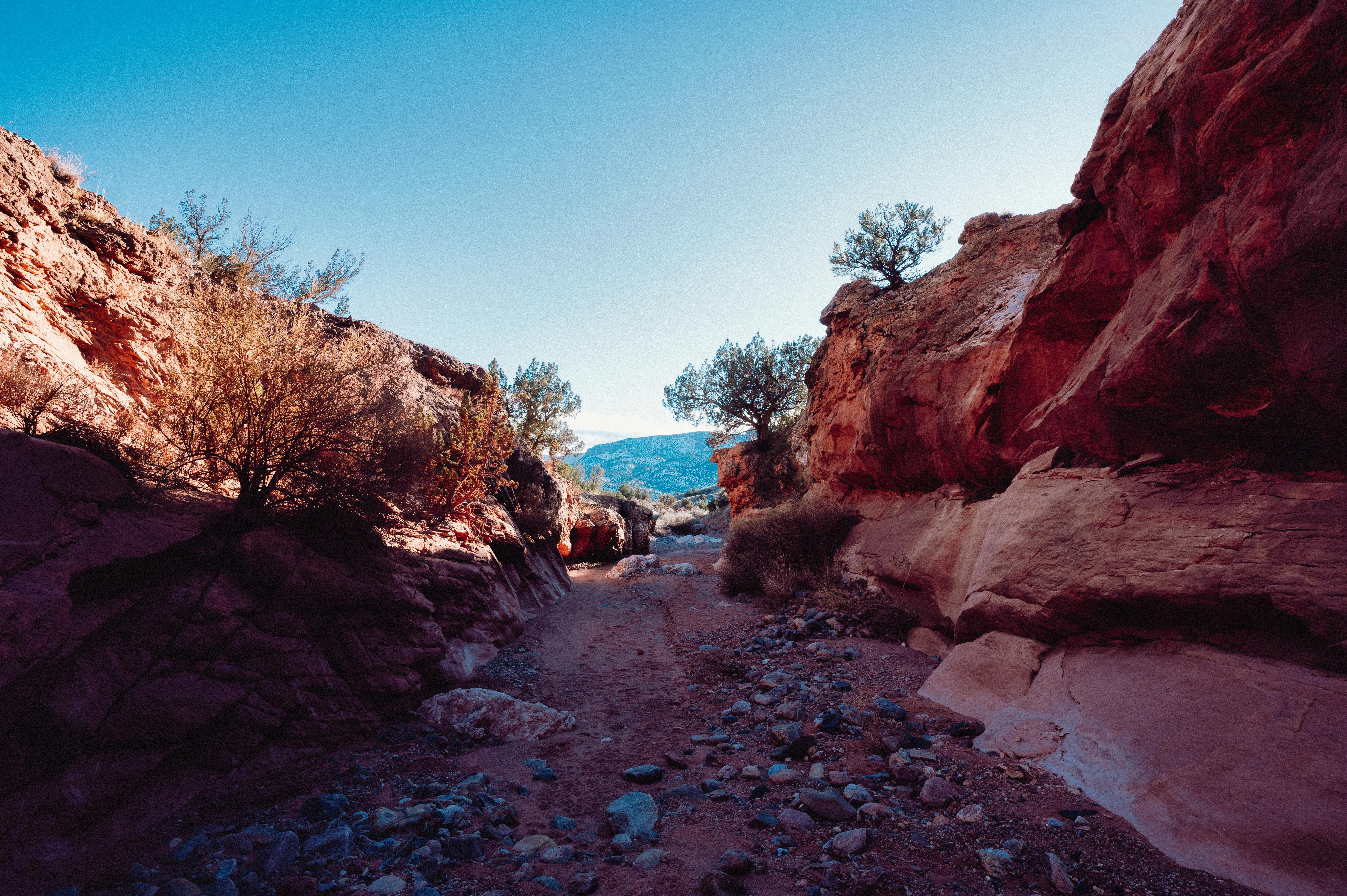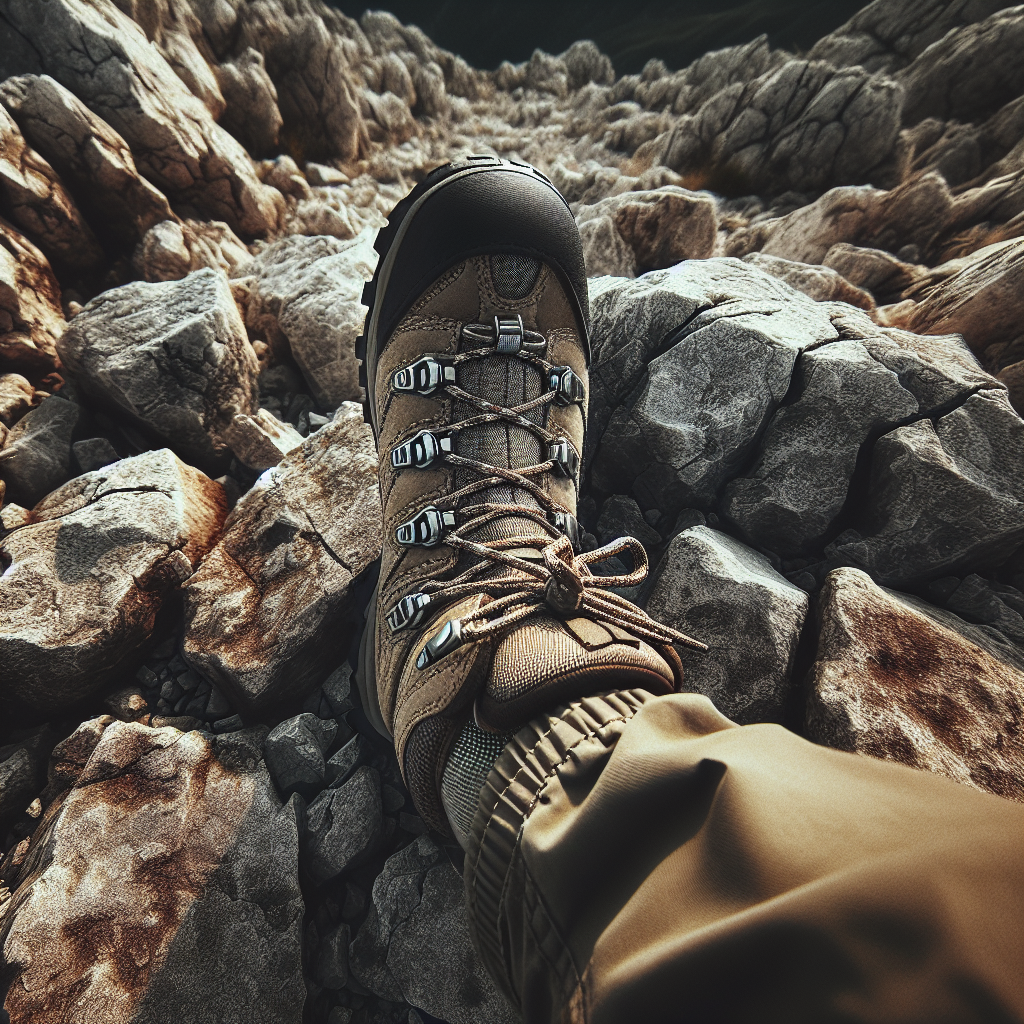In this article, you will discover essential self-defense tips that will help you stay safe during your outdoor adventures. Whether you enjoy hiking, camping, or simply exploring nature, it’s important to be prepared for any unexpected situations you may encounter. By learning these strategies and techniques, you will gain the confidence and skills needed to protect yourself and ensure a memorable and worry-free experience in the great outdoors.
Know the Area
When venturing into the great outdoors, it is crucial to research and familiarize yourself with the location beforehand. Knowing the area will help you plan your trip better and anticipate any potential risks or challenges that you may encounter. Look for information on the terrain, weather conditions, and any notable landmarks or points of interest. This knowledge will not only make your adventure more enjoyable but also ensure your safety.
Additionally, it is essential to be aware of the local wildlife in the area you will be exploring. Different regions have different species of animals, and understanding their behavior and habits can help you avoid potential encounters or conflicts. Research common wildlife in the area, especially any that may pose a threat to your safety. Learn how to identify animal tracks and signs so that you can recognize their presence and take appropriate precautions.
Understanding the terrain is another critical aspect of being prepared for outdoor adventures. Whether you’ll be hiking through rugged mountains, dense forests, or vast deserts, knowing the specific challenges each terrain presents is important. Familiarize yourself with the difficulty level, potential obstacles, and necessary equipment for navigating the terrain you’ll be exploring. This knowledge will help you plan your route accordingly and ensure a smoother and safer journey.
Proper Gear
Having the right gear is essential for your safety and comfort in the wild. Make sure to carry essential survival tools such as a map and compass or a GPS device to help navigate your way through unfamiliar territory. These tools will prevent you from getting lost and enable you to find your way back to safety.
Furthermore, wearing appropriate clothing and footwear is crucial when venturing into the wilderness. Dress in layers to accommodate changing weather conditions, and opt for moisture-wicking and quick-drying fabrics to keep you comfortable. Always wear sturdy and properly fitting footwear that provides support and traction, as it will protect your feet from injuries and help you maneuver difficult terrains more efficiently.
In some areas, you may encounter wildlife that poses a threat to your safety. In such cases, it is essential to have protective gear to ensure your well-being. Carry bear spray or a similar deterrent if you are exploring bear country. Additionally, invest in bug repellents or clothing treated with insect repellent to ward off mosquitoes, ticks, and other bothersome critters. These protective measures will not only enhance your safety but also allow you to enjoy your outdoor experiences without unnecessary worries.

Basic Wilderness Skills
Before embarking on any outdoor adventure, it is vital to learn and master basic wilderness skills. Acquiring these skills will not only increase your self-reliance but also make your journey safer and more enjoyable.
Start by learning basic navigation techniques. Familiarize yourself with reading topographic maps and using a compass or GPS device to determine your location and navigate from point to point. This knowledge will prevent you from getting lost and enable you to find your way back in case of an emergency.
Knowing how to build a fire is another essential skill. Fire provides warmth, light, and a means to cook food, increasing your chances of survival and comfort in the wild. Learn various fire-starting methods, including using matches, lighters, or primitive techniques such as friction fire. Understand different types of fire structures and the appropriate fuel sources for each. Safety is crucial when dealing with fires, so always follow established fire regulations and guidelines.
One of the most basic survival needs is water. Knowing how to find and purify water sources is paramount, as it will prevent dehydration and waterborne illnesses. Learn to identify potential water sources such as rivers, lakes, and springs. Understand the methods of water purification, including boiling, chemical treatment, and using specialized filtration systems. With proper knowledge and preparation, you can ensure a safe and ample water supply throughout your outdoor adventures.
Self-Defense Techniques
While rare, instances where your safety may be threatened in the wilderness can occur. Therefore, it is essential to be prepared and equipped to defend yourself if necessary.
Carry a self-defense tool such as a whistle, personal alarm, or pepper spray. These items can help deter potential attackers or wildlife threats and provide you with a means to attract attention in case of an emergency. Before your trip, familiarize yourself with the proper use and legalities of such tools to ensure you are responsible and prepared for any situation.
Mastering basic martial arts moves can also be beneficial in self-defense scenarios. While it may not be practical to become an expert overnight, learning a few simple techniques, such as strikes or escape maneuvers, can increase your confidence and ability to protect yourself. Consider taking self-defense classes or practicing with a knowledgeable instructor beforehand to enhance your skills.
In situations where you may not have access to conventional self-defense tools or martial arts techniques, improvisation becomes essential. Look for and familiarize yourself with potential improvised weapons in the wild, such as sturdy branches, rocks, or even items from your backpack. Understanding how to use these objects effectively can provide you with an added layer of defense if the need arises.

Situational Awareness
Maintaining situational awareness is crucial in any outdoor adventure. By staying alert and observant of your surroundings, you can anticipate and prevent potential dangers. When in the wild, always be mindful of your surroundings and any changes in the environment, including noises, scents, or animal behaviors that seem out of the ordinary.
Avoid isolated areas whenever possible, especially if you are exploring unfamiliar territory. Isolated areas may present higher risks, as there may be fewer people around to assist you in case of an emergency. Stick to well-traveled trails and areas where other outdoor enthusiasts are present. Remember, there is strength in numbers, and having others around can deter potential threats.
Trusting your instincts is another vital aspect of situational awareness. If something feels off or gives you a sense of unease, listen to that inner voice. Your intuition is a powerful tool for self-preservation. If a situation or person feels unsafe, remove yourself from it promptly without hesitation. Always prioritize your well-being and trust your gut instincts to stay safe in the wilderness.
Communication Devices
Carrying a reliable means of communication can be a lifesaver in emergency situations. Invest in a cell phone, satellite phone, or two-way radio that provides coverage in the areas you plan to explore. Make sure your device is fully charged and protected from water damage or other potential hazards. Familiarize yourself with its functions and features before your trip to ensure you can use it effectively when needed.
In addition to having communication devices, it is crucial to understand emergency signals. Research and learn common distress signals such as SOS (three short, three long, three short signals) that can be used to indicate a need for immediate assistance. Knowing these signals allows you to convey your situation accurately and quickly summon help when in distress.
Lastly, always share your trip details with others before heading into the wilderness. Inform a trusted friend or family member about your itinerary, including your planned route, timeline, and expected return date. This information will enable them to take appropriate action and notify authorities if you do not return as scheduled. Communication is key in ensuring your safety, and sharing your trip details provides an extra layer of security.

Buddy System
Traveling with a partner or a group is highly recommended when exploring the wild. The buddy system provides numerous benefits, including increased safety and support in case of emergencies. By traveling with others, you can watch out for each other, share equipment and resources, and divide tasks and responsibilities.
Establishing communication protocols within your group is essential for effective coordination and response in emergencies. Agree on signals or calls that convey specific messages, such as indicating a halt, danger, or need for assistance. Clearly communicate the plan and expected actions in case someone gets lost or encounters a threatening situation. Regularly check in with each other to ensure the safety and well-being of everyone in the group.
Remember, having a buddy or a group does not guarantee complete safety, but it significantly reduces the risks and enhances your overall outdoor experience. Always be vigilant and actively contribute to the well-being of your companions to ensure a safe and enjoyable adventure.
Animal Encounters
Encounters with wildlife are often part of the allure of outdoor adventures. However, it is important to approach these encounters with caution and respect for the animals’ natural habitat. Learning about local wildlife behavior is essential for both your safety and the conservation of these species.
Research and understand the typical behaviors and habits of the wildlife species in the area you’ll be exploring. Know which animals may pose a threat and how to react if you encounter them. For example, if you come across a bear, it is crucial to remain calm, avoid direct eye contact, and slowly back away while speaking in a calm and assertive voice. Understanding the appropriate reactions can help prevent escalations and potential harm.
In situations where wildlife poses a significant risk or becomes aggressive, using deterrents can be effective. For example, carrying bear spray can help deter bears from approaching and provide you with a means to defend yourself if necessary. Other wildlife may be deterred by loud noises, such as shouting or using air horns. Recognizing these deterrents and using them appropriately can help protect both yourself and the wildlife you encounter.

Emergency Preparedness
Being prepared for emergencies is an important aspect of staying safe in the wild. Carrying a first aid kit is essential, as it allows you to provide immediate care for any injuries or medical issues that may arise. Stock your first aid kit with essentials such as bandages, antiseptics, pain relievers, and any necessary medications. Additionally, familiarize yourself with basic first aid techniques, including CPR and treating common outdoor injuries like sprains or bites.
Having a plan for emergencies is equally important. Before your trip, research and map out nearby medical facilities, emergency services, or ranger stations in the area you’ll be exploring. Make sure to share this information with your travel companions or trusted contacts. Establish communication protocols for emergency situations, such as designated distress signals or specific actions to take when someone is injured or in need of assistance. Being prepared and having a plan can make a significant difference in the outcome of an emergency situation.
Training and Education
Continuously improving your skills and knowledge is crucial for your safety and confidence in the wild. Consider taking self-defense and wilderness courses to enhance your abilities and understanding of potential risks and management strategies.
Self-defense courses can teach you practical and effective techniques for personal protection, situational awareness, and conflict resolution. These courses are often tailored to outdoor enthusiasts and provide specific scenarios and skills relevant to wilderness environments. Additionally, they offer the opportunity to practice these techniques under the guidance of experienced instructors.
Wilderness courses can teach you advanced survival skills, such as advanced navigation techniques, shelter building, or foraging for food. These courses provide hands-on experience and knowledge that can be invaluable in challenging outdoor situations. By investing in training and education, you empower yourself with the skills and confidence needed to handle various scenarios responsibly and safely.
Staying informed about self-defense techniques, wilderness safety, and relevant updates is also important. This includes staying up to date with any changes in local regulations, safety guidelines, or new technologies that can enhance your safety and enjoyment of outdoor adventures. Following reputable outdoor and self-defense publications or participating in online forums and communities can provide valuable insights and resources for ongoing learning.
In conclusion, when venturing into the wilderness, it is crucial to be well-prepared and educated. Knowing the area, having proper gear, and mastering basic wilderness skills are essential foundations for a safe and enjoyable outdoor adventure. Self-defense techniques, situational awareness, and effective communication add additional layers of safety and preparedness. Understanding local wildlife behavior, being prepared for emergencies, and continuously improving your skills through training and education are all equally important. By following these tips and guidelines, you can stay safe in the wild and make the most of your outdoor adventures.






